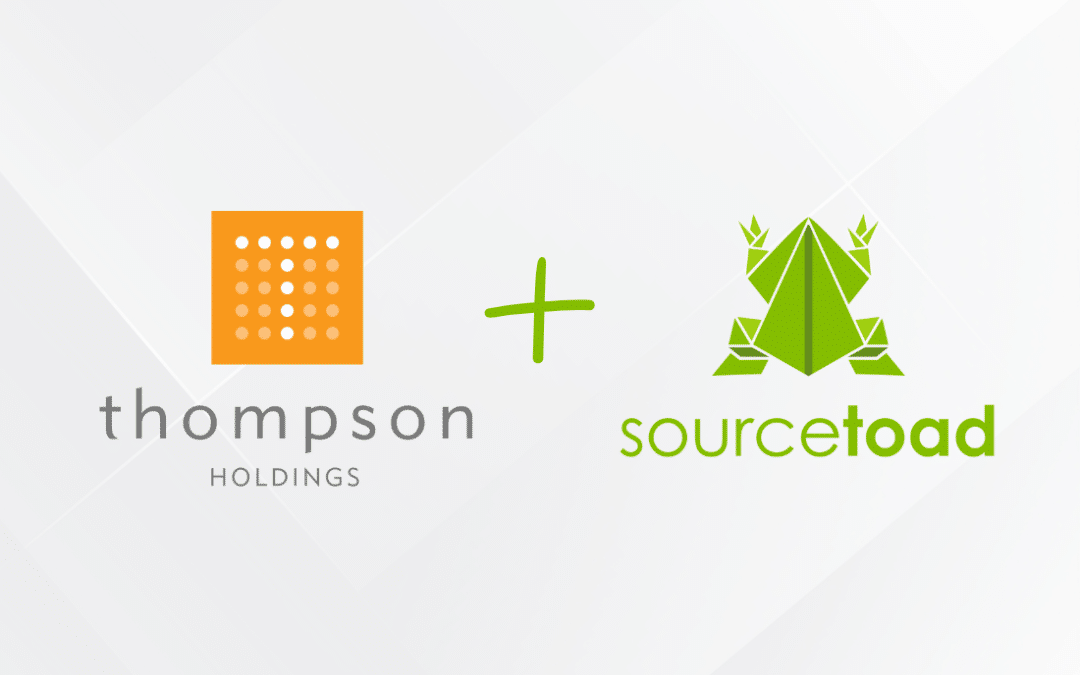Marketing
Your domain name is what people will remember your company by if you count on word-of-mouth as a means for marketing.
SEO
Second, for SEO purposes, a domain name is really important. The words in your URL are actually heavily weighted in things like Google search. So if you are selling barbecue supplies to companies like Bob’s, then you might want to name your company, JoesBarbecueSupplyStore.com. When somebody searches for barbecue supply, you might be amongst the top results returned, based purely on your domain name.
Branding
And third, it’s a powerful branding exercise: Knowing what you want to name your company, how you want to describe your product, and what you want to name your website. These are all important points to be addressed, because not only will they set the tone of the application or the website at hand, they will also potentially be guiding the future branding and marketing of your company.
So how do you pick a good domain name?
Well, there are a couple of rules that I like to follow when I’m looking for a domain name:
Make it punchy.
Long, long domains are difficult to remember and open the domain owner up to a whole bunch of problems down the line. If you want to call your company, AutoInjuryAttorneysOfTampa.com, that is fine – It’s probably great for search engine optimization. But, it’s probably going to be difficult to put on a business card, and tricky for customers to remember.
Avoid words that have multiple meanings.
By this, I mean words that can be spelled in different ways, or can lead people to think that your website is about something else. For example, the words “meet” (M-E-E-T) and “meat” (M-E-A-T) sound exactly the same in English, but mean two very different things in context. The point is that if there is only one instinctive way to spell a domain, it will make word-of-mouth marketing much easier.
Look for patterns in your domain name.
Make sure that joining words together does not create new words with unintended meanings. For example, GoDiscover.com might be a website about learning about your city, but it could also be read as “God is cover”, and be a Christian website about God preventing bad things from happening. Now that’s a pretty innocuous coincidence, but there are far worse outcomes of this scenario. So be careful.
Hints and Tips for finding a domain name
Now on to some tricks that might help you think up a catchy, punchy domain name.
Tools to use.
Normally, what I like to do is have GoDaddy open in one window, and the Domain Name Generator in the other. I will type things that I like into the domain name generator, and then test them out in GoDaddy to make sure that they have not been taken. Or, if I find one that’s really good, I can instantly purchase it before anybody else gets it.
Normally, what I like to do is have GoDaddy open in one window, and the Domain Name Generator in the other. I will type things that I like into the domain name generator, and then test them out in GoDaddy to make sure that they have not been taken. Or, if I find one that’s really good, I can instantly purchase it before anybody else gets it.
Think out of the box.
Now, as much of a cliché as this is, often what you can do is think about what your product or company represents, and use that to help you come up with the name of your domain, thinking tangentially rather than actually using the name of the product directly, or the name of your company. For example, if you were going to be opening a pizzeria, you might want to use the name of your pizza company because everything is going be based on that including your addresses and Google local accounts. But, if you were starting an app that sold re-purposed furniture, the name of your company might not be available or particularly useful to somebody. But you can now start thinking laterally about how something makes you feel, creating metaphors around that particular idea, connotations that people may have with your product, or inspiring mythology; all of these are good starting points.
So, if you are building an application about meeting people, and you don’t want to have the misspelling of M-E-A-T, then you might want to call the app something like “Ice Breakers”, or “How Do You Do?” These are all concepts that are related to your app or website, but don’t specifically name it outright.
Be careful about using foreign language words.
Often the use of foreign language words can be a useful strategy and an appealing one. Make sure you know exactly what the word means in that language.
Also, check what your domain name might be in at least some of the most common languages that people who use your application or your website could potentially be speaking. For example, if you’re in the United States, make sure that you’re not accidentally saying something in Spanish that means something else negative or has the complete opposite meaning. Everyone’s favorite example is always Exxon, as in Exxon Mobil, which is a word that they spent millions of dollars researching that did not mean anything in any language.
Everyone’s favorite example is always Exxon, as in Exxon Mobil, which is a word that they spent millions of dollars researching that did not mean anything in any language.
Pay careful attention to your top level domain or TLD. That’s your dot com, or dot us, or dot net, or dot info, or even dot ninja. There are a lot of top-level domains out there at the moment, everything from dot co, to dot software. The reigning rule, however, that dot coms are generally still your best bet. They are easier to remember and people will often try a dot com before anything else, and may even give up after a dot com does not work. Dot coms are also theoretically better recognized by search engines due to their being the “authoritative” domain. In other words, dot coms carry more weight.
Finally, try to avoid hyphens in domain names. Occasionally, they have to be used. Occasionally, they’re a necessity. However, it’s best to avoid them if possible.
I hope this set of hints and tips helps you come up with you domain name easier, and good luck.


